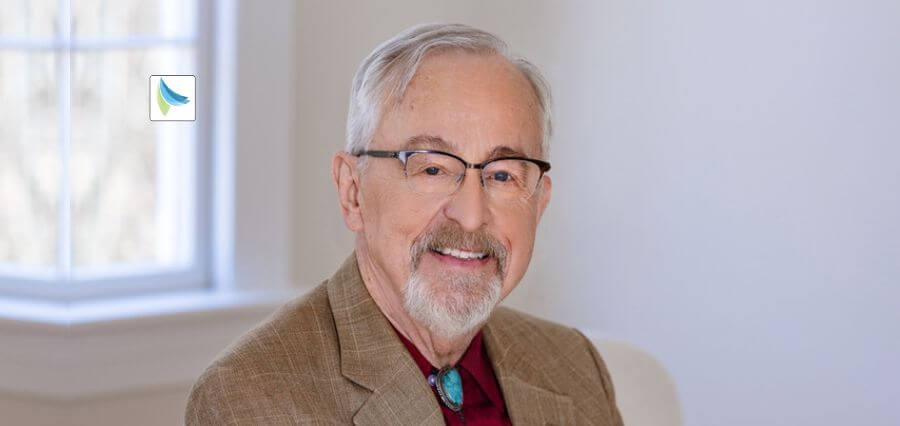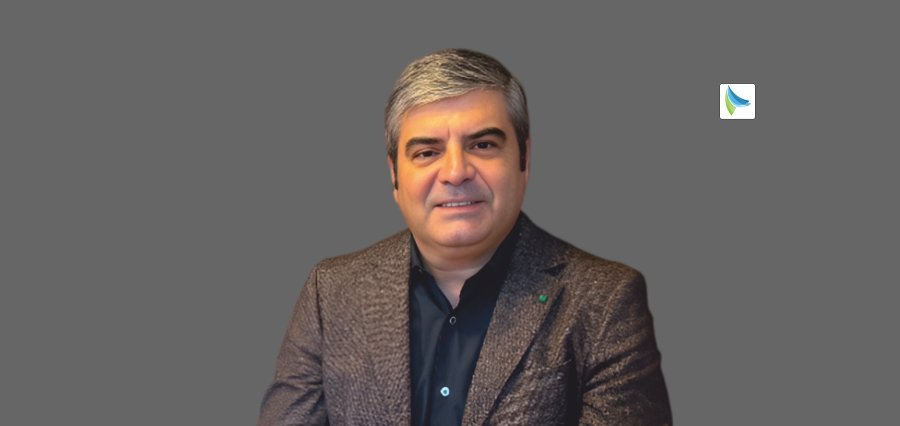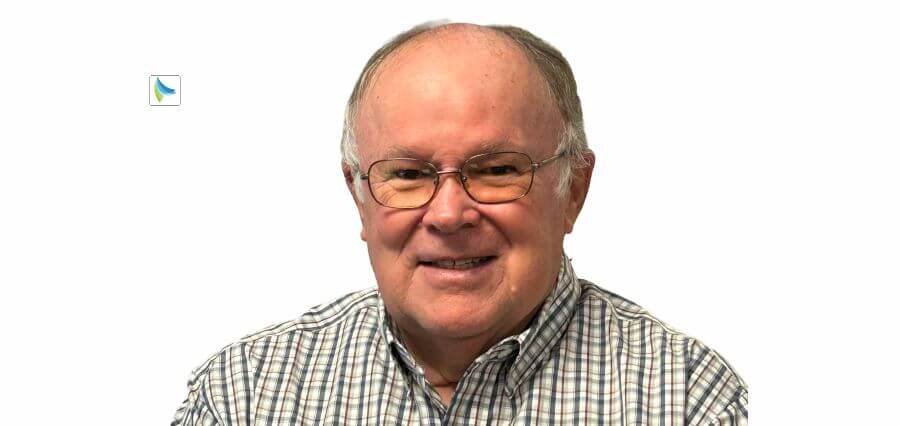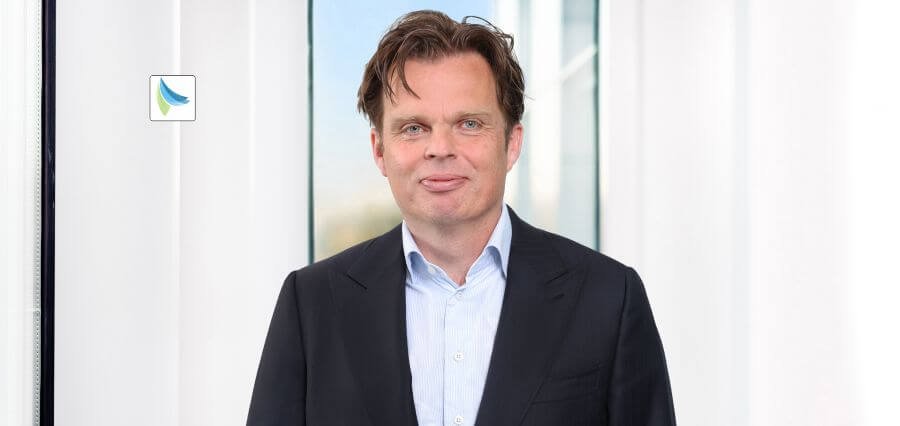Prof. Richard C. Larson, renowned globally for his groundbreaking work in operations research and applied systems analysis, has spent over five decades solving real-world problems through rigorous scientific methods. With an illustrious academic and professional journey rooted at the Massachusetts Institute of Technology (MIT), his impact spans across emergency response, public health planning, educational reform, and workforce analytics. From urban policing to pandemic modeling, Prof. Larson’s versatile approach to complex systems has consistently generated transformative insights, influencing policy, industry practices, and academic methodologies alike.
His efforts are not confined to the theoretical or academic realm. Prof. Richard Larson has taken bold strides in translating his research into real-world implementations. Whether designing queueing models that optimize emergency services or pioneering online education networks that cross geographic boundaries, he has consistently merged science with service. Through leadership roles at organizations like ORSA and INFORMS, and through his foundational work in institutions like MIT LINC and CAES, his dedication to bettering society through operations research is evident.
In this document, we explore Prof. Larson’s multifaceted contributions—from award-winning research and media-acclaimed innovations to his pedagogical ventures and advisory roles on governmental boards. These accomplishments collectively represent a unique blend of intellectual rigor and social commitment. As stated by Prof. Richard Larson himself, this journey has always been about using models and logic to solve human challenges—a belief that continues to guide his active pursuits even today.
Applying Operations Research to Societal Needs
Prof. Richard Larson’s professional narrative reflects a relentless pursuit of applying operations research (OR) to real-world service systems. With over 175 scientific publications and six books to his name, his contributions have shaped the way academics and practitioners understand complex networks—especially in urban and public settings. One of his early and acclaimed works, Urban Police Patrol Analysis (1972), earned the Lanchester Prize, reflecting its pivotal role in reforming emergency response systems.
Throughout his career, Prof. Richard Larson has applied queuing theory and systems engineering to tackle large-scale problems in logistics, disaster response, and even the psychology of waiting lines. He pioneered methods like the Queue Inference Engine and the Hypercube Queueing Model, tools still referenced today in advanced operational frameworks. The nickname “Dr. Queue,” given by the media, reflects his authoritative position in this space.
Beyond theoretical constructs, Prof. Richard Larson has advised numerous U.S. governmental agencies and public systems including the U.S. Postal Service and the City of New York. His belief has always been that systems research is most impactful when it engages with policy, integrates with practice, and ultimately elevates public service delivery.
Global Influence in Health Systems and Disaster Planning
Public health has been a recurring theme in Prof. Richard Larson’s research, where he has tackled complex, urgent problems with interdisciplinary solutions. One of his notable achievements includes co-authoring the award-winning paper on the effects of H1N1 vaccine distribution in the U.S., published in Value in Health (2012). This paper combined logistics modeling with public health policy to offer life-saving recommendations.
His role on the Institute of Medicine’s Board on Health Sciences Policy and the Standing Committee on Emergency Management and Medical Response Integration further exemplifies his applied impact in national healthcare strategies. From pandemic management to maternal health initiatives in rural India, his work bridges modeling with grassroots implementation.
In recent years, Prof. Richard Larson’s research has explored the use of sewer sensors to detect early outbreaks of COVID-19, proving once again his ability to adapt OR methodologies to contemporary challenges. His research continues to highlight how smart monitoring systems, combined with data analytics, can play a crucial role in proactive public health planning.
Educational Innovation and Global Pedagogy Leadership
From 1995 to 2003, Prof. Richard Larson directed MIT’s Center for Advanced Educational Services (CAES), where he focused on bringing digital learning tools to both local and remote learners. Recognizing early the power of internet-enabled education, he launched initiatives long before MOOCs and ed-tech platforms became mainstream.
He later founded MIT LINC (Learning International Networks Consortium), a global project dedicated to democratizing access to education via technology. Through eight international symposia, LINC brought together educators, policymakers, and technologists to explore how pedagogy can evolve across cultures and geographies.
As the principal investigator of the MIT BLOSSOMS Initiative, Prof. Richard Larson continues to drive STEM education reform by creating and distributing interactive video lessons. His commitment to learning innovations reflects his core belief that education must evolve to meet the dynamic needs of the 21st-century learner.
Awards and Academic Honors Recognizing Excellence
Prof. Richard Larson’s long list of awards and honors is a testament to his interdisciplinary influence and leadership. From being elected to the National Academy of Engineering in 1993 to receiving the Kimball Medal and the INFORMS President’s Award, his work has been acknowledged by the world’s most respected academic societies.
He was also the first-ever recipient of the Lifetime Achievement Daniel Berg Medal, awarded in 2017 in New Delhi for his “significant contributions to technology innovation, service systems and strategic decision making.” He has been honored by international organizations across North America, Europe, and Asia, speaking to the global resonance of his contributions.
Whether addressing Congress or advising international universities, Prof. Richard Larson’s influence is not bound by geography. His career illustrates how deep theoretical knowledge, when combined with practical insight, can generate global impact.
Entrepreneurial Pursuits and Industry Impact
Beyond academia, Prof. Richard Larson has played key roles in several entrepreneurial ventures. He founded Public Systems Evaluation, Inc., and chaired companies like ENFORTH Corporation and Structured Decisions Corporation. These enterprises served as conduits to translate research findings into scalable applications.
His role in these ventures underscores a critical element of his legacy: bridging the gap between research and practice. These organizations focused on applying OR methods to real-world challenges in transportation, urban services, and information management, further demonstrating his commitment to societal advancement through systems thinking.
An Ongoing Commitment to Model Thinking
In 2023, Prof. Richard Larson published Model Thinking for Everyday Life: How to Make Smarter Decisions, marking a new phase in his lifelong commitment to systems education. This book—also the first-ever published by INFORMS—translates complex operational concepts into everyday decision-making tools.
Through this book and his ongoing work at MIT’s Institute for Data, Systems, and Society (IDSS), Prof. Richard Larson continues to champion the value of model-based reasoning. He believes that in a world overwhelmed by information, the ability to think in models provides a clarity that drives better decisions.
Prof. Richard Larson’s academic appointments across departments—from Electrical Engineering to Urban Studies, Civil Engineering, and IDSS—illustrate a career that has refused to be siloed. His interdisciplinary approach remains a model for aspiring researchers and educators.
Legacy and Looking Ahead
Prof. Richard Larson’s story is not just one of intellectual excellence but also of societal relevance. His trajectory—from winning the Lanchester Prize in the early 1970s to leading pandemic surveillance projects five decades later—highlights the adaptability and enduring impact of a true thought leader.
His contributions have inspired generations of scholars, many of whom have gone on to win accolades themselves. The legacy of Prof. Richard Larson is one of vision, rigor, and compassion. He has not merely observed systems—he has reshaped them.
As Prof. Richard Larson continues his journey, now focused on the application of operations research in modern education and health systems, he exemplifies the transformative power of disciplined thinking. His work remains a beacon for anyone seeking to align science with service.
Building an Academic Foundation
Richard C. Larson’s academic career began in 1969 when he was appointed as an Assistant Professor in Electrical Engineering at MIT. This role laid the groundwork for what would become a lifetime of academic inquiry and innovation. By 1971, he expanded his teaching to include Urban Studies and Planning, reflecting his growing interest in interdisciplinary applications of engineering principles. This dual focus remained a defining feature of his academic trajectory.
His early appointments were marked by a series of progressive roles that illustrated both his versatility and academic prowess. Between 1972 and 1979, Larson held the position of Associate Professor, bridging three distinct yet interrelated domains: Urban Studies, Electrical Engineering, and Computer Science. This rare trifecta positioned him at the intersection of infrastructure, technology, and policy, allowing him to influence a wide array of students and researchers.
By 1979, he had become a full Professor, a position he held across multiple departments—including Electrical Engineering and Urban Studies & Planning. His work continued to evolve, reflecting both changes in academic landscapes and the growing complexity of the systems he sought to understand and improve.
Expanding into Systems and Data Science
As Larson’s career progressed, so did his academic focus. From 1988 to 2003, he served as Professor of Electrical Engineering exclusively, before expanding into the Department of Civil and Environmental Engineering and the Engineering Systems Division (2003–2009). His move into systems engineering signaled a strategic pivot that acknowledged the increasing need for integrated approaches to complex global challenges.
In 2009, he transitioned fully into the Engineering Systems Division, and later into the Institute for Data, Systems, and Society (IDSS) in 2015. His continuing role as a Post-Tenure Professor at IDSS from 2018 underscores his ongoing commitment to advancing data-driven solutions to social problems.
Larson’s academic appointments abroad further enriched his perspective. He served as Visiting Associate Professor at the University of California, Berkeley in 1976, and later as Visiting Professor of Operations Research at the Technical University of Denmark in 1981.














